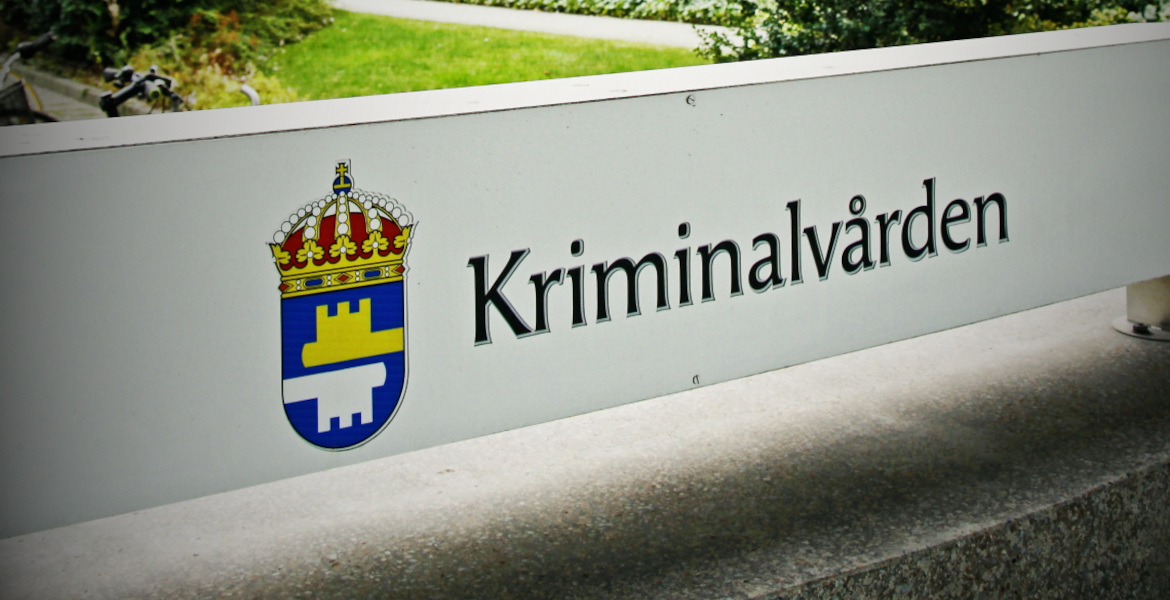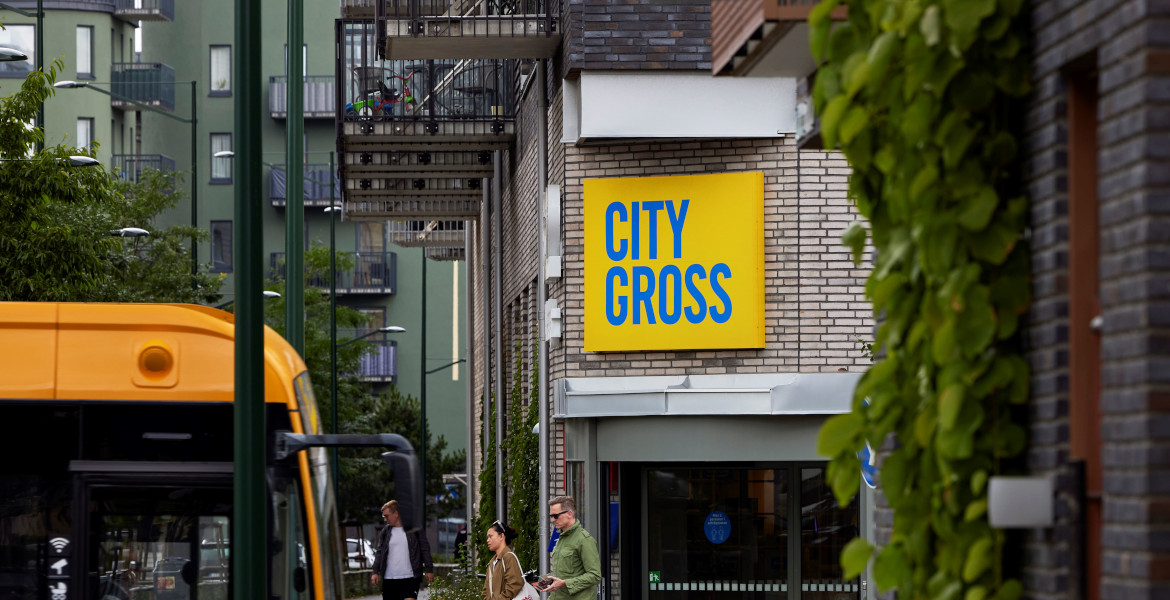The Nordic cryptocurrency exchange Safello and Marginalen Bank are entering into a strategic partnership that makes Safello the Nordic region’s first crypto bank. Through the agreement, Safello’s 400,000 customers will gain access to traditional banking services such as payment accounts, card payments, and Swish connection directly within the crypto platform.
The Nordic cryptocurrency market is taking a historic step forward as cryptocurrency exchange Safello and digital bank Marginalen Bank have launched a strategic partnership that creates the Nordic region’s first crypto bank. The agreement means that Safello’s customers will be able to use both crypto services and traditional banking services on the same platform later this year.
Safello, which has been the Nordic region’s leading cryptocurrency exchange since 2013 with a focus on making cryptocurrencies accessible to everyone, has built up a user base of over 400,000 customers. The company, which is listed on First North (a Nordic stock exchange), has established itself by offering secure crypto trading with popular Swedish payment solutions like BankID and Swish – something that has made it easy for Swedes to buy and sell cryptocurrencies in under a minute.
Now Safello is taking it a step further by integrating real banking services from Marginalen Bank, a boutique bank founded in 2010 that specializes in personal financial services and Banking-as-a-Service solutions.
Traditional banking meets cryptocurrencies
The partnership is built on Marginalen Bank’s so-called Banking-as-a-Service model (BaaS), which enables Safello to integrate banking services without having to become a bank itself.
The services that will initially be offered to Safello’s customers include payment accounts, the ability to pay bills, Swish connection, and payment cards. The parties plan to expand the partnership with additional banking services over time.
— There has been a lack of real innovation in fintech for a long time, but that is about to change. This partnership is a big step in our ambition to become a crypto bank, says Emelie Moritz, CEO of Safello.
Opens up for more people to use crypto
The integration of banking services is expected to make it even easier for Nordic consumers to start using cryptocurrencies as part of their everyday finances. By being able to handle both traditional payments and crypto transactions on the same platform, barriers are lowered for those who previously hesitated to try digital currencies.
Fredrik Hong Hammargren, Commercial & Growth Manager at Marginalen Bank, emphasizes the partnership’s potential:
— At Marginalen Bank, we don’t settle for enabling integrated finance – we accelerate it. Through our partnership with Safello, we’re transforming world-leading embedded banking into concrete solutions that are secure and, above all, more accessible than ever before.
Launch during the end of 2025
The technical development and integration are planned to be carried out during the third and fourth quarters of 2025, with expected launch to customers at the end of the fourth quarter.
Marginalen Bank, which is Sweden’s 28th largest bank with approximately 313 employees and headquarters in Stockholm, Sweden, has undergone extensive modernization of its technical platform in recent years.







